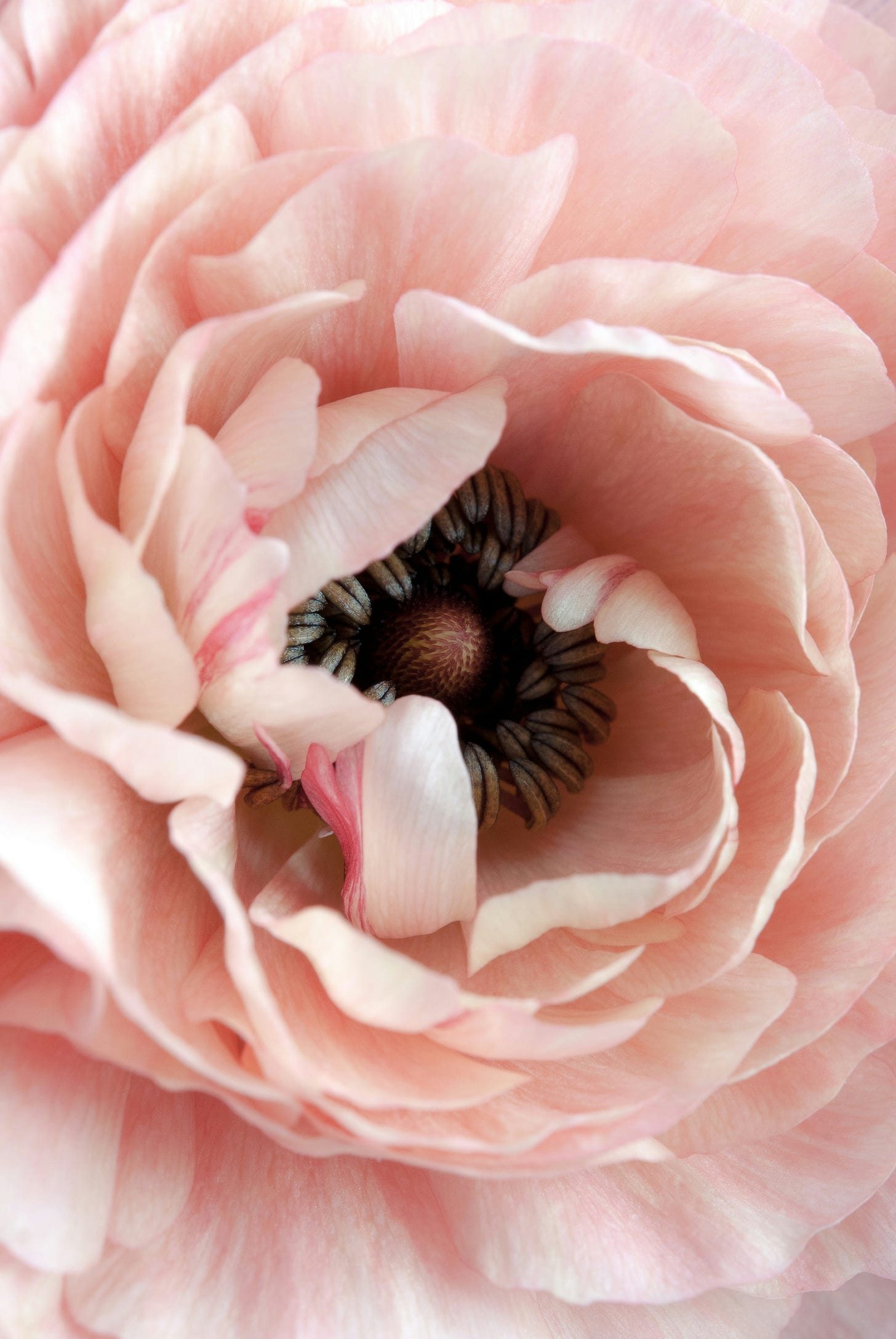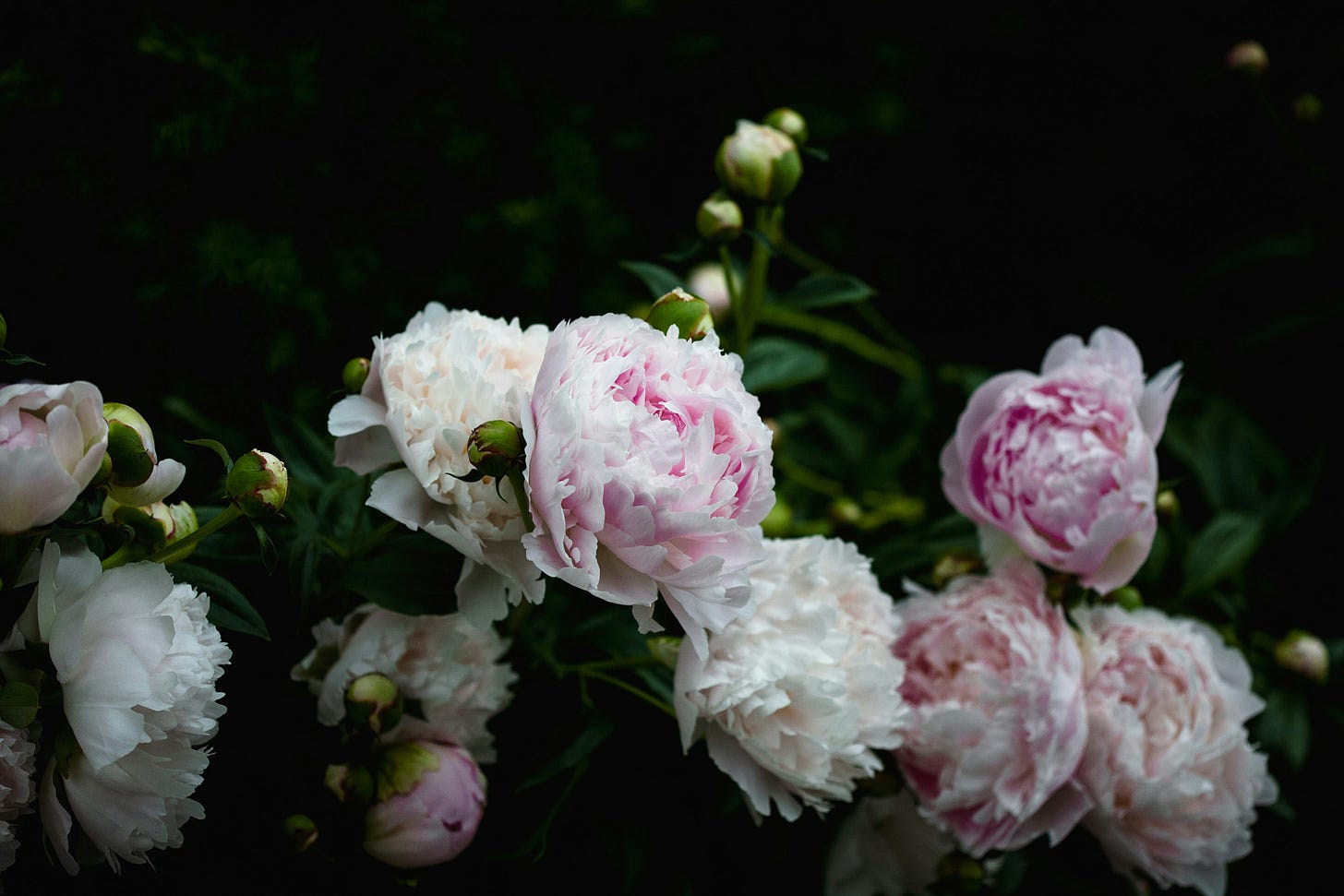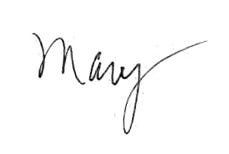Note: Update: Robert on being sucked down and confronting Isaac…
You can start reading here or anywhere, then go back. See Table of Contents. Come in the middle? Robert is the narrator who discovers after his wife Lena has died that she had a lover, Isaac. Evan is Isaac’s wife. Robert is on a search for how he lost Lena: He’s creating the story through memory, invention and a search for the truth and his role in what happened—and by stalking Isaac.
Lena’s Garden
Glass won’t combust in a fire, but it breaks like ice.
A nineteen-year-old man from Bethel, Pennsylvania, died trying to save his ten-year-old brother and his father. His brother was walking on the ice-covered pond, near where his family lived, when he broke through the ice and fell into the frigid, nine-foot-deep water. His father was on the bank about sixty feet away and he went out on the ice for him, but broke through too. The nineteen-year-old worked in a commercial greenhouse nearby and somebody called him. I don’t know who. Maybe the father had a cell phone and called before he went out on the ice.
The nineteen-year-old brought with him a long, cardboard tube and walked onto the ice to give the tube to his father, who used it for support. The older boy then went to his younger brother but when he was only a few feet away, he fell through the ice. The father made his way onto solid ice before rescue workers arrived. Both boys drowned.
I was drowning. I saw myself under a thick layer of ice. I saw dark water that would cover me, suck me down.
I would go to visit Isaac soon, to watch him from the gravel driveway. He’ll move about inside the glass walls, and I’ll get a glimpse of the plants before I go in, ask him what they are, why he’s planted what he’s planted. I’ll enter Evan’s kitchen again, see her pots that hang from the ceiling, copper bought in Les Halles on trips they’ve taken or mail-ordered afterwards, bowls and pans that I can’t name. Kitchen tools that like the tools that hang on the wall of the south farm’s barn have been bought for the job each needs to do, the right tool for the task, the instrument that moves the work from drudgery to chords of willed and rhythmic movement. I will talk with Isaac because now I need him.
First I sat in Gershon’s garden that she had planted, that had lain fallow since his wife died. He took me to his garage to show me where he let Lena park her car, where the bags of dirt she’d dragged across the cement had left their mark. She came every day the week before we went to Anguilla. She wanted the garden planted in early June. She knew she didn’t have much time—even before the biopsy, before the surgery that followed.
He wanted me to understand how hard she’d worked. She’d had to drag the dirt up steps onto his deck. The garage is separated from the house, was probably an old brick carriage house in the early 1900s and is now a valuable asset to his city townhouse. He’d sold his car long ago and hadn’t rented it out the way his neighbors without cars did with theirs. He said he’d let the garage “fill up” with rubble—the way he put it—and added, “I’m a lousy businessman. That’s what you’re thinking, isn’t it?”
“I’m thinking it’s a losing battle.”
“What?”
“To figure out what I’m thinking for one thing. Chaos, for another. The rubble you’d collected.”
He said, “But what about the crock pot that someone gave me when Freda died? What about her pressure cooker that reminded me of the time it exploded with apple sauce and she got burned? What about the old suits I used to wear to the office?”
“What about them?”
“Not chaos.”
“But you cleared all that out?”
“Yeah, for her.”
On the containers in full sun on the deck, she’d planted roses, Abraham Darbys, with their full-petaled bloom that reminded me of peonies that grew in our back yard that I had planted. She planted Fair Biancas, white lush English roses, the ones we’d seen in California. She planted hybrid tea roses that bloom in June, lie dormant in July and August and come again in fall and that I would see in Evan’s garden.
“I forget who I am,” I said to Gershon while I stood by the roses she’d planted for him.
Gershon said, “We are what we do.”▵
Table of Contents
Coming next: Chapter 36: “Coffee”
Only Connect, all sections, and this serial novel come from my heart and soul—and ten years of research. I know the saying ‘time is money’: I couldn’t help but pursue this story. If you have already gone paid, my heart goes out to you with my thanks.
Love,









I adore the last line Mary, as if there really is anything to do!
What art! My mind kept spinning over the first two ‘icy’ paragraphs that shaded the rest.